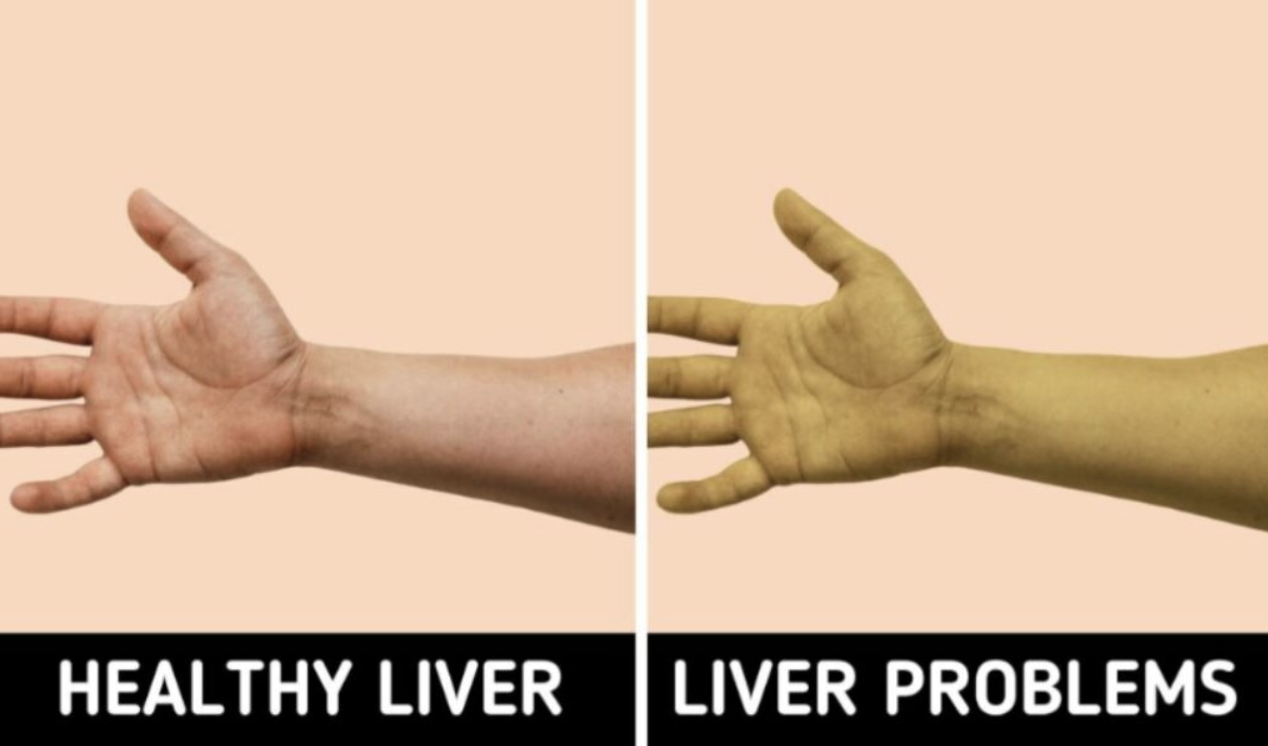Being in tune with our bodies is essential, especially as we age. It allows us to identify potential health problems and take action. Here are eight indications that your body may be giving you:
1. Yellowing skin
Jaundice can cause the skin to turn yellow, indicating a potential liver disease. High levels of bilirubin in the body can lead to this condition. If you notice your skin changing color, it’s vital to seek medical attention.

2. White dots on nails
While white dots on nails could be a result of an injury, if they appear without any apparent cause, it may indicate a lack of zinc, calcium, or protein. Pay attention to your nails as they can give us valuable insight into our overall health.

3. Cracked lips
Cracks or blisters on the lips can be due to dehydration or using the wrong type of lipstick. To prevent this, remember to stay hydrated and use suitable lip products. Taking care of your lips is just as important as taking care of the rest of your body.

4. Clubbed Fingernails
Clubbed fingernails, where the nails grow and bend downwards, can signify chronic lung disease or gastrointestinal problems. If you notice this change in your nails, it’s crucial to address it with your healthcare provider.

5. Mouth ulcers
Internal mouth ulcers might develop due to hormonal changes or emotional stress. Additionally, these sores might be a sign of a vitamin B-12 shortage. Pay attention to your mouth’s health and seek professional advice if needed.

6. White bumps on upper eyelids
White bumps, known as styes, can appear around the eyelashes. They can be a result of dry skin or even diabetes. If you notice them, don’t hesitate to consult a healthcare professional.

7. Arcus senilis
A grey or white ring around the cornea, known as arcus senilis, is common in older individuals due to age. However, if you’re younger, it may indicate elevated cholesterol levels. Regular eye check-ups can help spot this condition and manage it effectively.

8. Red tongue
A bright red tongue can be a sign of infection or vitamin deficiency. It can also be associated with oral herpes. If you notice any changes in your tongue’s color, it’s important to reach out to a healthcare professional.

If you experience any of these symptoms, it is advisable to seek medical attention. Being proactive and taking action can help prevent potential health problems from worsening. Remember, taking care of yourself is crucial at any age.





